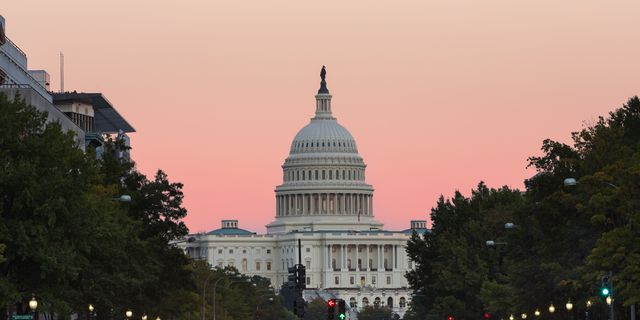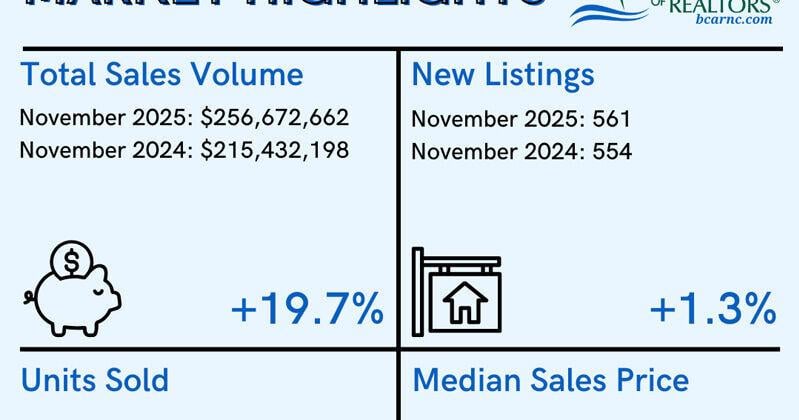T
he first few months of 2025 have been marked by chaos, with climate emergencies, shifting tariffs, and a dramatic Hollywood awards season. Amidst this turmoil, the real estate market in Washington D.C. is experiencing a significant downturn due to federal budget cuts, layoffs, and department closures. According to Realtor.com data, the number of homes for sale in the area has surged 56.2% compared to last year, with asking prices slightly lower. Inventory levels have also increased, rising by 35% in January and 41% in February.
Realtor.com Chief Economist Danielle Hale notes that the adjustment period following federal layoffs and funding cuts has likely put home searches on hold for those directly impacted or concerned about their future. The data suggests a challenging situation, with more homes available but modestly lower asking prices. Hale expects the District of Columbia's real estate market to continue feeling the effects of budget cuts, particularly in areas with high concentrations of federally employed workers.
While some households may choose to stay and find new job opportunities, others will likely leave or retire elsewhere. Major federal work hubs like California and Texas may also be affected by these changes. As the Department of Government Efficiency slows down scrutiny and rehires fired employees, it remains unclear whether the district's real estate markets will continue to decline or stabilize.











